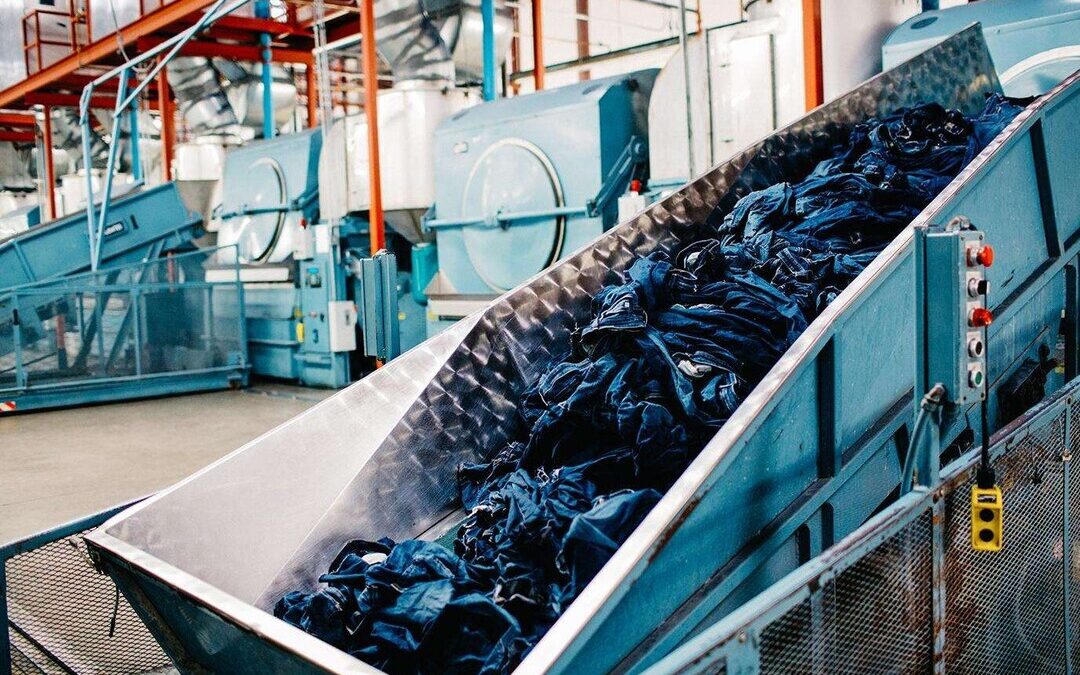IIT Delhi Develops Method to Turn Denim Waste into Quality Knitted Garments
Indian researchers develop process to recycle denim waste into quality knitted garments, cutting environmental impact by up to 60 percent.
Researchers at the Indian Institute of Technology Delhi have developed a method to recycle denim waste into knitted clothing without losing quality, a breakthrough that could help reduce the millions of tonnes of textile waste India sends to landfills each year.
According to IIT Delhi, the country generates about 3.9 million tonnes of domestic post-consumer textile waste annually, but only 4 percent is recycled. Most discarded clothes and fabrics end up in landfills, where they can take centuries to decompose.
Recycling is hindered by variations in color and fiber blends, and recycled garments typically have lower quality than those made from virgin fibers because of fiber damage during mechanical processing.
Optimised Recycling Process
The IIT Delhi team, led by professors Abhijit Majumdar and B.S. Butola from the Textile and Fibre Engineering department, optimized process conditions to minimize fiber damage when recycling denim into yarns.
The yarns were then turned into knitted fabrics using seamless whole garment technology, with recycled content ranging from 25 to 75 percent.
Tests showed that up to 50 percent recycled yarn could be used without affecting the garment’s feel. A softening treatment further reduced roughness, making the recycled products comparable in texture to those made with virgin fibers.
“We have demonstrated our work with denim waste, and it can be extended to any other textile waste,” Majumdar said.
Environmental Gains
The research, published in the “Journal of Cleaner Production,” also quantified environmental benefits through a life cycle assessment in the Indian context.
Data from Panipat’s textile recycling cluster showed that using recycled yarns could cut greenhouse gas emissions, acid rain and fossil fuel depletion by 30 to 40 percent and ozone layer depletion by about 60 percent.
The reduced need for virgin cotton would also save water, pesticides and fertilisers. Cotton cultivation accounts for about 24 percent of global warming impacts in the virgin yarn supply chain, IIT Delhi said.
The researchers are now exploring whether textile waste can be recycled multiple times without significant loss in quality, Butola said.
Also Read:
Shein Boosts Sustainable Denim Production by 90% Using Printing Technology
Nirmal Menon
Related posts

Subscribe
Error: Contact form not found.


